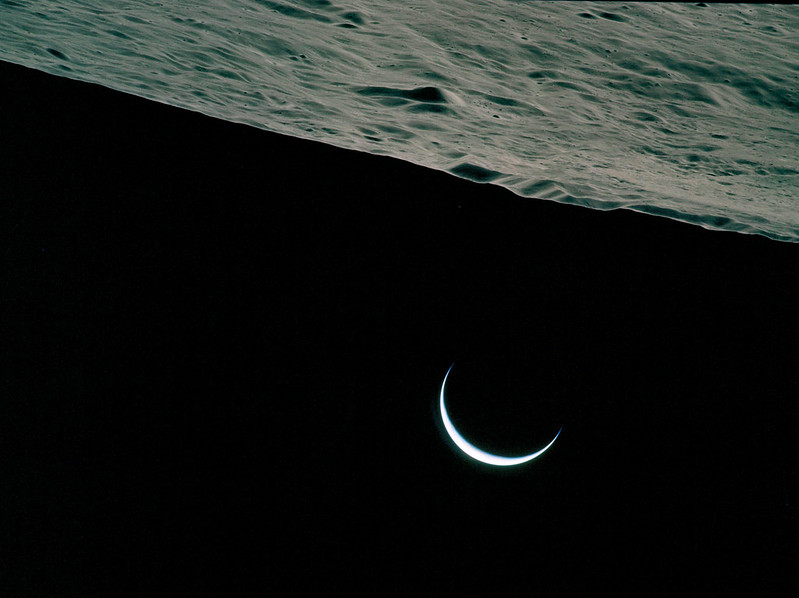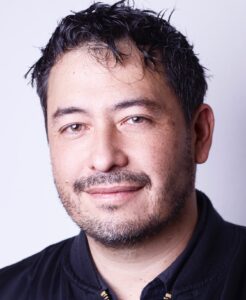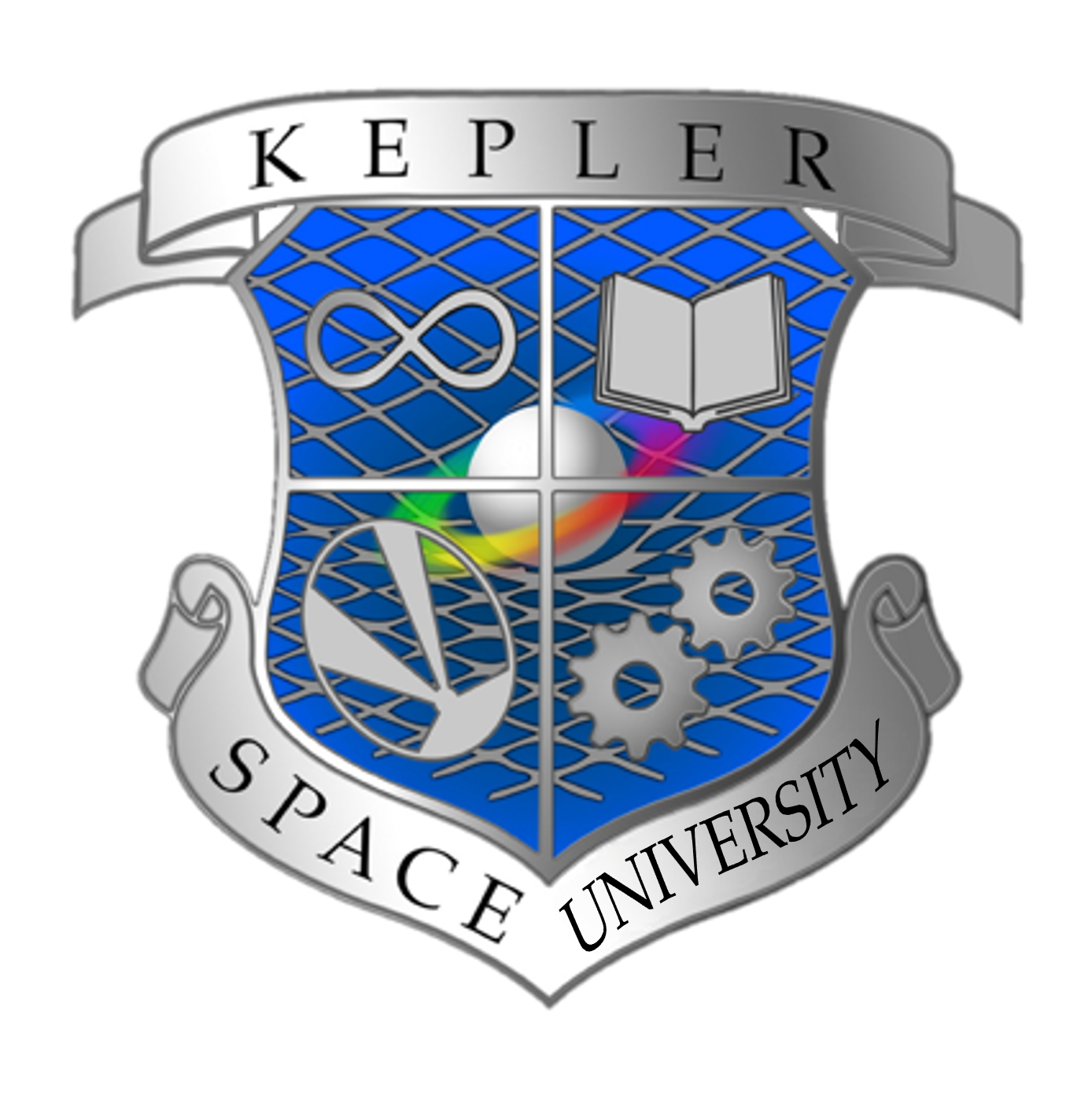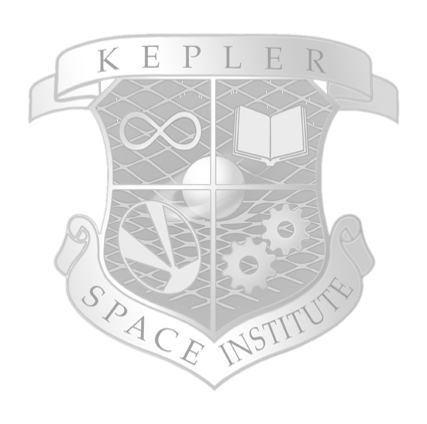THE MOON AND ITS EXPLORATION
BY DR. PASCAL LEELearn the fundamentals about the Moon as a celestial body, the history of its exploration up to the present.
UPCOMING
SESSIONS
ABOUT THIS COURSE

In the current new space era of humanity returning to the Moon, THE MOON AND ITS EXPLORATION is a compact, intense, 6-week short course on what a space professional should know about the Moon. The course covers in particular fundamentals about the Moon as a celestial body, the history of its exploration up to the present, scientific knowledge gained about its origin and geologic evolution, challenges to lunar exploration especially at the poles, a global survey of current efforts to explore this new world, future uses of the Moon, and much more.
Recommended prerequisites for students : This short course is taught in English. It requires only basic general education but a strong desire and commitment to learn about the subject. Recommended reading will be suggested at three different levels: 1. Introductory; 2. Topical; 3. Advanced.
WHAT YOU’LL LEARN
After taking this short course, the participant will have a professional working knowledge and understanding of the Moon and of its exploration history, present programs, and future opportunities. Professionals in space and related fields, students interested in aerospace engineering, robotics, space missions, astronomy, astrophysics, earth and planetary sciences, will acquire through this course a solid foundation in state-of-the-art lunar science and exploration.
SYLLABUS
This 6-week short course will be offered over a period of 6 weeks, meeting online once a week on Fridays for two consecutive hours. Assignments will consist of recommended weekly reading at three different optional levels: i. introductory; ii. topical; iii. advanced. Instructor will also offer to meet online with each participant one on one for academic and professional advising.
History of Lunar Exploration
Week 2
INSTRUCTOR
Dr. Pascal Lee is a planetary scientist with the Mars Institute, the SETI Institute, and NASA Ames Research Center in Mountain View, California. He is also a professor of planetary sciences at Kepler Space University. Pascal Lee studied physics and geology at the University of Paris, and obtained his PhD in astronomy and space sciences at Cornell University.
Dr. Lee’s research focuses on the Moon and Mars. He is internationally known for his work on the history of water on Mars – in particular for proposing the “Mars Always Cold” model of Mars climate evolution -, the study of ice and caves on the Moon, the origin of Mars’ moons, and planning the future human exploration of the Moon and Mars. Dr Lee has worked on several advancements in strategies and technologies for future Moon and Mars exploration, including habitats, rovers, aircraft, hoppers, drills, and spacesuits. Dr. Lee has led over 30 expeditions to the Arctic and Antarctica to study the Moon and Mars by comparison with the Earth. In 1988, he wintered over for 402 days in Antarctica at Dumont d’Urville Station in Adélie Land. Dr Lee is also founder and director of the NASA Haughton-Mars Project (HMP), the world’s leading planetary analog field research project on Devon Island in the High Arctic. As part of the HMP, he led the historic Northwest Passage Drive Expedition, a record-setting multi-vehicular expedition on sea-ice and the subject of the award-winning documentary motion picture film Passage To Mars (2016).

Dr. Pascal Lee
Mars Institute, SETI Institute, NASA Ames Research Center, Kepler Space University
WAYS TO ENROLL
The Moon and Its Exploration
In the current new space era of humanity returning to the Moon, THE MOON AND ITS EXPLORATION is a compact, intense, 6-week short course on what a space professional should know about the Moon.
PROFESSIONAL $900 USD
STUDENT $450 USD
Frequently Asked Questions (FAQs)
Who can enroll?
Students from all walks of life are invited to enroll! All you need is access to email and a strong internet connection to participate in live sessions and watch KSU educational content.

